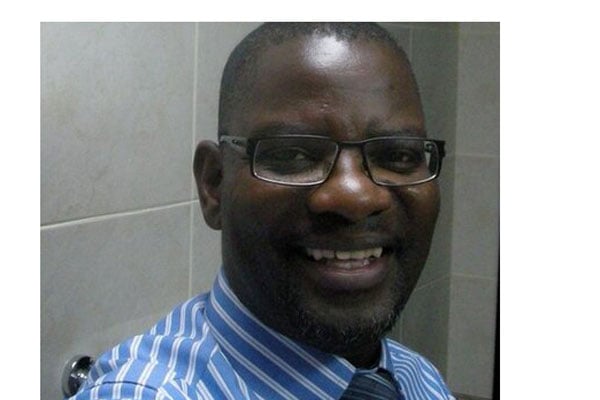Prime
We can curb road traffic deaths if we act now and stop lamenting

Author: Musaazi Namiti. PHOTO/FILE
What you need to know:
- The traffic police can restore sanity on roads if they become vigilant.
When I started writing this article, photos of mourners at the funeral of three young people killed in a crash on December 30 on Kampala-Mityana Road were circulating on social media — a grim reminder of the many road traffic deaths we are dealing with almost every week.
The victims had barely started to enjoy life, considering that two were in their early 20s, and the eldest was just 31. According to media reports, the driver of a semi-trailer, which was heading towards Mityana, lost control and hit the victims’ car, a Toyota Wish, killing its occupants instantly. The truck went hurtling down the road and hit two more cars and a motorcycle, leaving all three badly damaged.
That accident was only the tip of the iceberg. On the same day, December 30, a Rwandan bus collided with a Kenyan bus, killing six people. On Boxing Day, on Masaka Road, five people travelling in a matatu were killed after their vehicle was hit by a Mercedes, which was trying to overtake. And on December 18, two women and their driver died in a head-on collision with a bus at Nabusanke on Masaka Road. The traffic police said between December 23 and 26, 55 people perished in road accidents while 212 sustained serious injuries.
Death is inevitable and is always going to strike at a place and time of its choosing, but road traffic deaths are preventable. The responsibility to prevent these deaths lies with us, not God. Roads and cars are not responsible for the unacceptably high road traffic deaths; we (road users) are. If we stop lamenting and act now, and decisively, we can curb road traffic deaths.
We have compelling reasons to swing into action. The World Health Organisation says road traffic injuries are the leading cause of death for children and young adults aged 5 to 29 years. People in this age bracket are the nation’s greatest asset. If we are going to lose them in large numbers, and almost every week, we are losing the future of Uganda.
How can we curb road carnage? The first step is to look at road traffic deaths in the same serious way as we view deaths caused by Covid-19 and Ebola. Covid-19 and Ebola spread fast and kill fast, but it does not make sense to view road traffic deaths as acceptable deaths while Ebola and Covid-19 deaths are viewed as unacceptable.
In dealing with risk factors, the government and the traffic police should use the same determination as that used when cracking down on political opponents, especially NUP members. If that determination is used in addressing risk factors such as speeding; driving under the influence of alcohol, illegal substances, etc; driving without seat-belts/helmets; distracted driving (where drivers divide their attention between the wheel and phones); unsafe roads or roads with no signs and markings; vehicles in poor mechanical condition; poor or inadequate post-accident care; and poor enforcement of traffic laws, road traffic deaths will be reduced.
The traffic police can restore sanity on roads if they become vigilant. They can even make money from traffic offenders who, for example, create illegal lanes. The stretch between Kajjansi roundabout and Kitende is a case in point. Every evening, it gets three lanes, one of which is illegal. All drivers in the illegal lane should be paying fines.
Many of us read about these deadly road accidents and move on. But the grief the bereaved families are dealing with is devastating. They are dealing with a crushing sense of loss.
Musaazi Namiti is a journalist and former Al Jazeera digital editor in charge of the Africa desk
[email protected] @kazbuk




